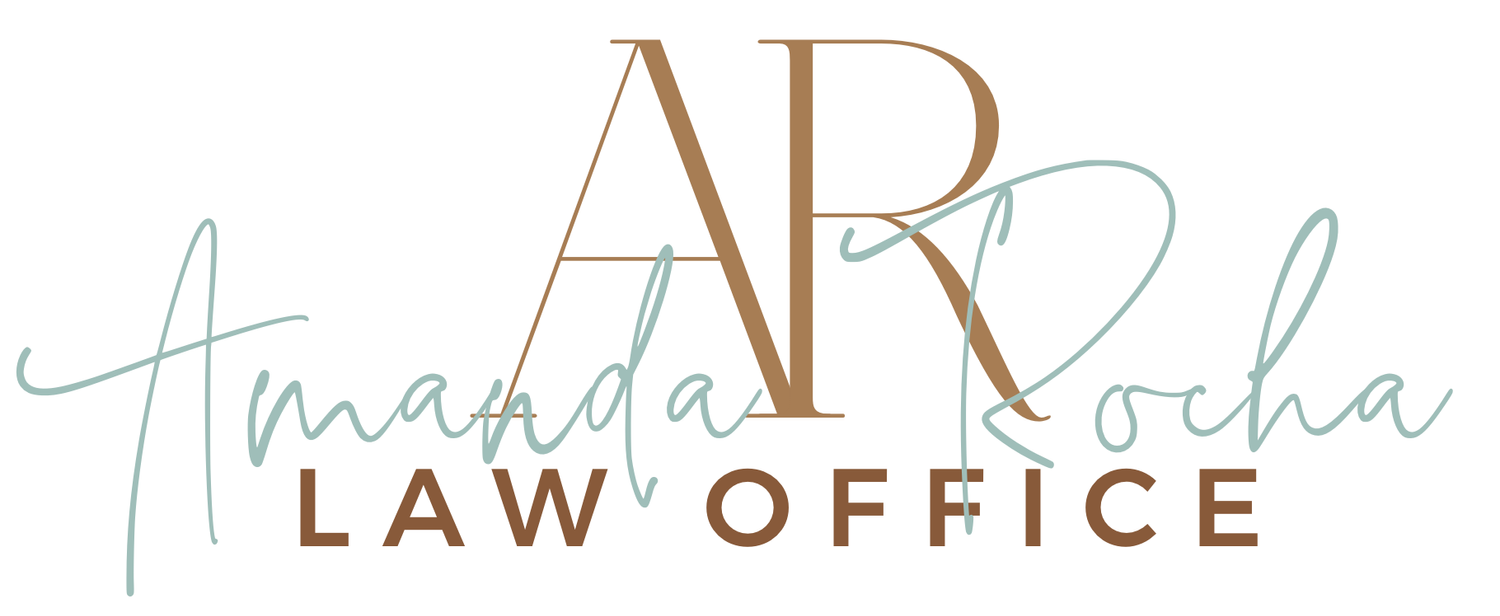Why Joint Ownership in a Family Farm or Ranch is a Mistake
The following is a frequently asked question by farming and ranching families that should be answered once and for all:
What if I just add my son (who is also working on the farm) to the deed for the land and the title to the equipment? Won’t that avoid probate and automatically transfer the assets?
While joint ownership does cause the surviving owner to receive 100% of the ownership upon the passing of the other owner without court intervention, it can create more problems than it solves.
First, by adding your son to the deed for the land and the title to the equipment, you are now subjecting these assets to any current or future creditors or judgments that your son might have. Should he get divorced, those assets will be seen as partly his and subject to division during the divorce.
Second, because these assets represent most, if not everything you own, is your son the only person you want to benefit? Do you have a surviving spouse that will now be left without income? Do you have another child that will effectively be disinherited because there will be nothing left to give him or her? While adding your son to the deed and title ensures that he can continue his livelihood, is it coming at the expense of others?
Third, by adding your son to the deed now, during your lifetime, you make a gift that could result in a higher income tax consequence. Your son may have to pay more in capital gains tax if he needs to sell all or a part of the land at some point in the future. This is because your tax basis (the dollar value of the land when you bought or inherited it) goes along with the gift to your son. Capital gains tax is calculated on the difference between the basis and the sale price, which could be a high number if your basis is low. In the alternative, if you transfer the land through your estate plan, your beneficiaries get a “stepped-up” basis to the fair market value of the land on the date of your death. The capital gains tax on a sale has less of an impact, depending on the timing of a possible sale.
Fourth, making a gift by adding your son to the deed means that a gift tax return is required if the value of the land exceeds the $15k annual gift tax exclusion amount. Your lifetime-combined gift and estate tax exclusion is $11.4 million, but the IRS wants a gift tax return, even if you don’t owe any tax, so that IRS can keep count of your lifetime gifts.
If you own a farm or ranch, the best way to ensure that your legacy continues and that your heirs benefit in the proper way, you need to have an estate plan. Schedule a free consultation today to discuss your unique needs.
